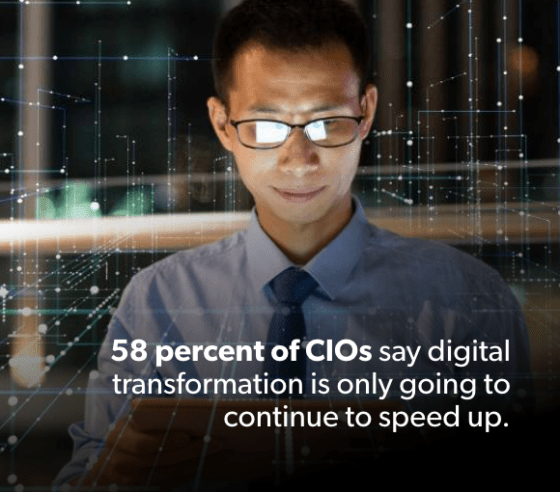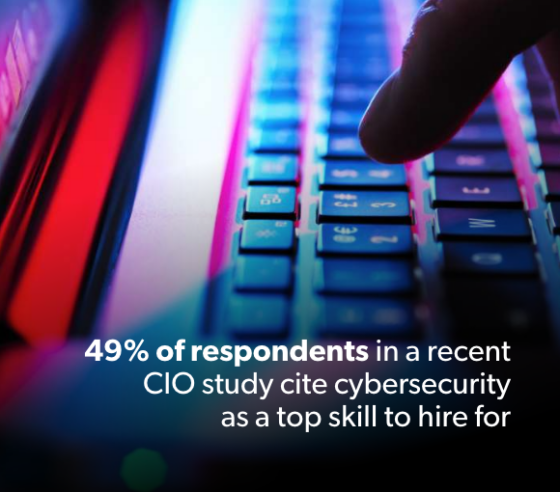While tech headlines tend to focus on the shinier topics—AI, automation, the metaverse—ERP remains a foundational concern for companies worldwide. Adapting to changes in how ERP is defined, connected to other solutions, secured in today’s highly digital environment, and supported on a hybrid platform will be critical to enabling the business to thrive and grow.
Gartner® research suggests:
“By 2024, at least 50% of existing ERP megavendor clients will evaluate multiple vendors rather than automatically adopting the latest versions of incumbent ERP suites.”[1]
“In the composable ERP era, profound changes will be required within organizations — therefore, CIOs must develop different mindsets to support those.”[2]
[1] Gartner, “Predicts 2022: Postpandemic Recovery Optimism and New Strategic Growth to Fuel Investment in ERP”, Denis Torii, Tim Faith, Greg Leiter, December 14, 2021.
[2] Gartner, “What CIOs Must Do to Avoid Disappointing ERP Initiatives”, Denis Torii, Refreshed 23 March 2022, Published 25 September 2020.
GARTNER is a registered trademark and service mark of Gartner, Inc. and/or its affiliates in the U.S. and internationally and is used herein with permission. All rights reserved.










